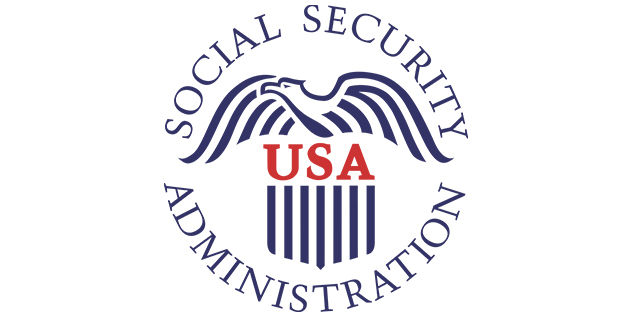Internet Scams/Identity Theft
How To Avoid a Scam
Block unwanted calls and text messages.
Take steps to block unwanted calls and to filter unwanted text messages.
Don’t give your personal or financial information in response to a request that you didn’t expect.
Honest organizations won’t call, email, or text to ask for your personal information, like your Social Security, bank account, or credit card numbers.
If you get an email or text message from a company you do business with and you think it’s real, it’s still best not to click on any links. Instead, contact them using a website you know is trustworthy. Or look up their phone number. Don’t call a number they gave you or the number from your caller ID.
Resist the pressure to act immediately.
Honest businesses will give you time to make a decision. Anyone who pressures you to pay or give them your personal information is a scammer.
Know how scammers tell you to pay.
Never pay someone who insists you pay with cryptocurrency, a wire transfer service like Western Union or MoneyGram, or a gift card. And never deposit a check and send money back to someone.
Stop and talk to someone you trust.
Before you do anything else, tell someone — a friend, a family member, a neighbor — what happened. Talking about it could help you realize it’s a scam.
Report Scams to the FTC
If you were scammed or think you saw a scam, tell the FTC at ReportFraud.ftc.gov.
What if you're a victim of online identity theft?
Contact the Federal Trade Commission's ID Theft Clearing House at www.ftc.gov or call 877-438-4338 for more information.
You can also file complaints here: www.ic3.gov.

Social Security Scams
Throughout the year, we give you the tools to recognize Social Security-related scams and stop scammers from stealing your money and personal information.
Help protect your loved ones and people in your community by:
- Educating them about government imposter scams. Let them know they shouldn’t be embarrassed to report if they shared personal information or suffered a financial loss. It is important to report the scam as quickly as possible.
- Sharing our Scam Alert fact sheet and helping educate others about how to protect themselves.
Report Social Security-related scams to the Social Security Office of the Inspector General (OIG). Report a Scam